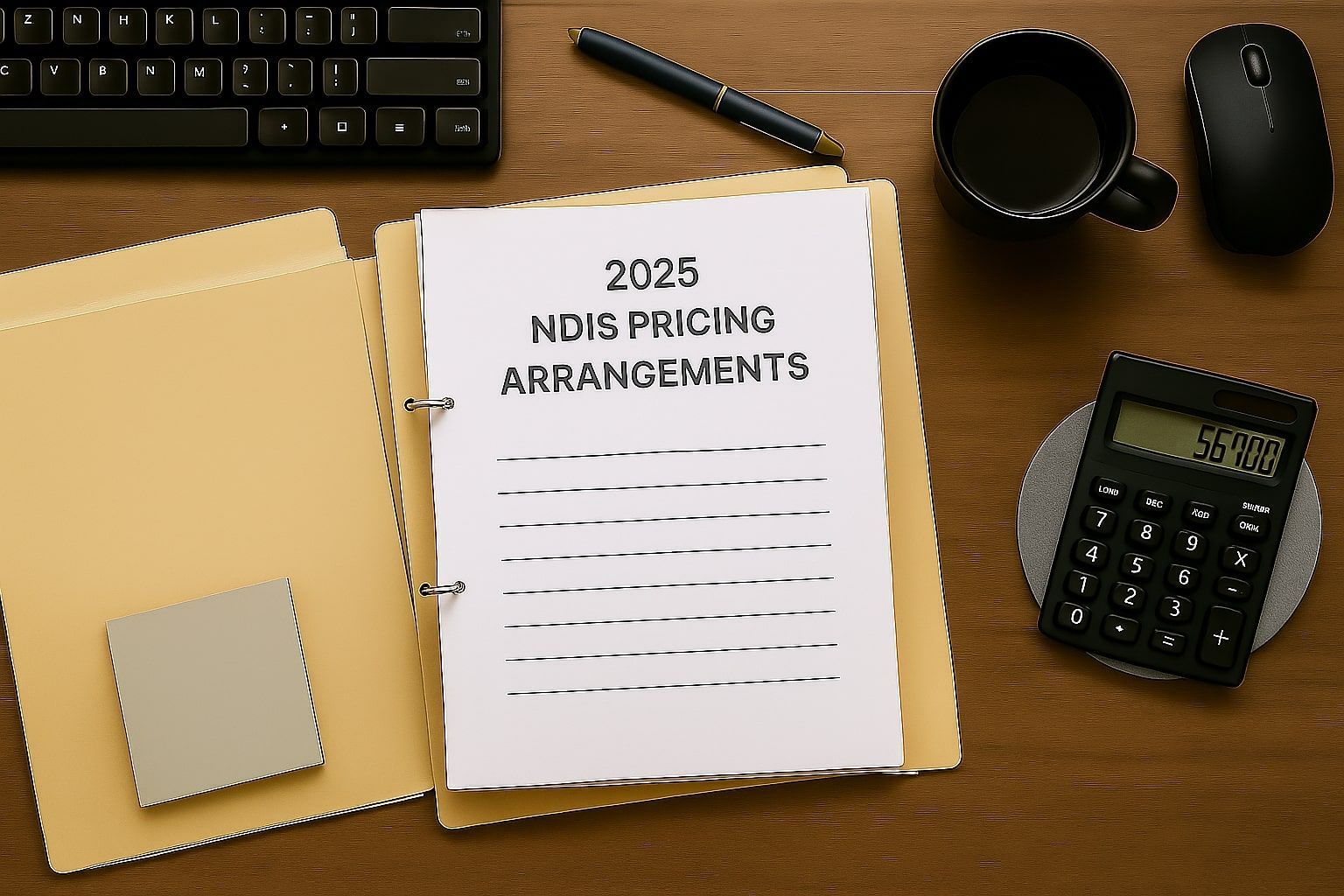Everything You Need to Know About Medium Term Accommodation for NDIS Participants
If you or someone you know is living with a disability, you may have heard about NDIS Medium-Term Accommodation. But what exactly is it, and how does it work? In this article, we'll explore everything you need to know about this time-limited disability accommodation support.
What is Medium-Term Accommodation?
Medium-term accommodation is a transitional disability accommodation support that is designed to meet a participant's disability-related housing needs while they await disability-related supports that will enable them to move into their long-term housing solution. This type of accommodation support includes the accommodation component only and is provided concurrently with the participant's informal supports and NDIS-funded supports, such as assistive technology, assistance with daily life, and community access supports.
Unlike
short term Accommodation, MTA only covers the cost of accommodation, and not other expenses such as food, activities, internet, power, or support. In this article, we will explore medium-term accommodation in detail, and provide you with all the information you need to make informed decisions.
Read also: Guide to a New Landscape of Short Term Accomodation and Medium Term Accommodation
When is Medium-Term Accommodation Funded?
Medium-term accommodation is only funded where there is confirmation of a long-term housing solution. For example, where a Specialist Disability Accommodation (SDA) tenancy has been offered but the property is not yet available, or where a participant is awaiting completion of home modifications to their privately owned home or rental property.
The NDIS will fund medium-term accommodation support for participants who are awaiting disability-related support and:
- Are exiting hospital, rehabilitation, aged care or custodial settings, where transitional accommodation supports are required prior to their move into a confirmed long-term housing solution; or
- Reside in other accommodation arrangements which are not sustainable due to the impact of their disability and where they have confirmation of a long-term housing solution.
The NDIS will generally not fund medium-term accommodation supports where a participant is on a waiting list for social or community housing, or where a participant requires Short Term Accommodation (STA) supports including respite. Additionally, medium term accommodation will not be funded in response to a crisis or rapid changes in circumstances unless the participant is waiting on the provision of disability-specific support and where they have confirmation of a long-term housing solution.
How Long is Medium-Term Accommodation Funded For?
Generally, medium term accommodation will be funded for up to 90 days. However, it may be funded for a further specified period of time when there is confirmation that the long-term housing solution will be available within the agreed time period. For example, evidence is provided to verify that the vacancy, new build, or home modification will be available within a specified time frame (beyond 90 days).
How to apply for medium-term accommodation?
To apply for MTA funding, participants of the NDIS must contact their support coordinator or plan manager. They will assist in the application process and ensure that the participant meets the eligibility criteria. The support coordinator or plan manager will then work with the participant to find suitable accommodation within their budget.
Factors to consider when choosing medium-term accommodation
Choosing the right medium term accommodation can be challenging, as there are several factors to consider. Here are some key factors to keep in mind when making a decision:
- Location: The location of the accommodation is essential, especially if the participant needs to be close to a specific facility or service. It is also essential to consider the accessibility of the location, particularly if the participant has mobility issues.
- Cost: Cost is another critical factor to consider when choosing medium term accommodation. It is important to find a balance between affordability and comfort.
- Amenities: The amenities offered by the accommodation are also an important consideration. It is essential to ensure that the accommodation has all the necessary amenities to make the participant's stay comfortable.
- Support: If the participant requires additional support, it is important to consider accommodation options that offer tailored support services.
- Reviews: Checking reviews from previous guests can provide valuable insight into the quality of the accommodation and the level of service offered.
Read Also:
Decision between STA and MTA Accomodation
NDIS Property Australia
NDIS Property Australia provides honest, high-quality, and value-adding advice to the SDA investor market within the NDIS sector.
Our team's positive culture and client-focused approach, along with in-house customer service, have been the cornerstone of our growth. We collaborate with NDIS builders and providers to offer in-depth advice and joint venture work, ensuring complete project management of the SDA transaction for our clients from start to finish.
Our growing base of satisfied customers is a testament to our expertise and commitment to delivering innovative and functional outcomes. We have a diverse team with a range of skills and expertise to cater to the varied needs of our clients. Our company values of trust, respect, inclusion and gratitude guide everything we do, from working with investors to supporting participants.
Contact us today!




